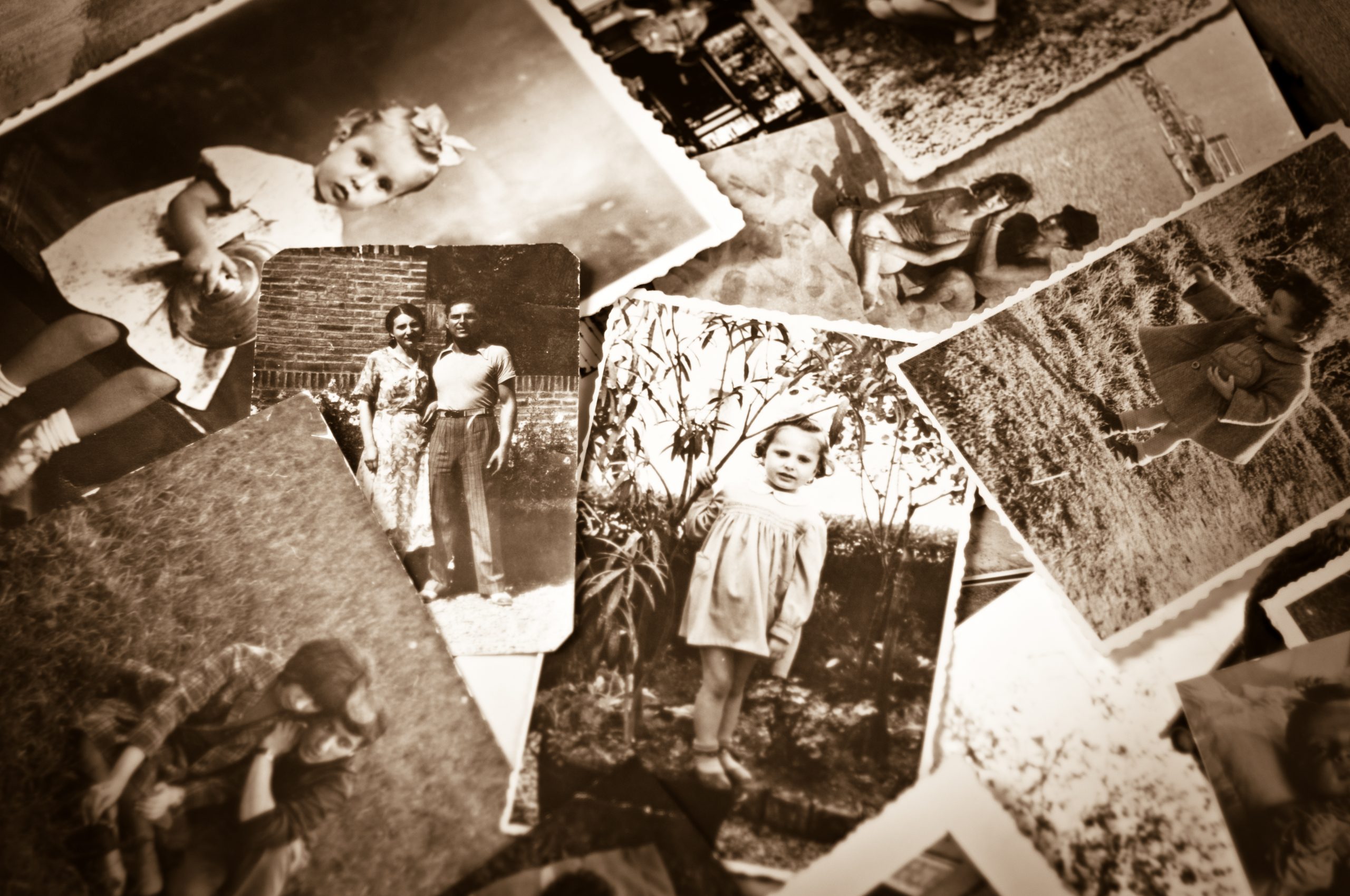Denmark and the other Nordic countries are internationally recognized for the quality and completeness of their health registries, biobanks and archives, which have provided valuable insight into factors affecting health and disease. What is particularly unique internationally is the ability to link data across registries via the civil registration number in Denmark’s Civil Registration System. Unfortunately, health and social mobility can only be studied today across a few generations because the Civil Registration System, which was started in 1968, only contains family relationships for people born after 1960.
Based on the new epoch-making multigenerational registry, the Danish National Archives will create opportunities for research across generations through a much longer time frame, so that data can be linked from the years before the Civil Registration System was created. The multigenerational registry will be able to identify family relationships between all Danes born as far back as 1920.
Joy Mogensen, Denmark’s Minister for Culture, says:
”It is fantastic that this major grant from the Novo Nordisk Foundation will enable a new chapter in our health research. With the new multigenerational registry, researchers will be able to study data and phenomena across several generations. This will provide unprecedented new knowledge and results in health research, and digitization will also make it easier to use the new knowledge and information for many years in the future.”
Niels-Henrik von Holstein-Rathlou, Senior Vice President, Novo Nordisk Foundation, adds:
“In supporting the creation of the multigenerational registry, the Novo Nordisk Foundation wants to contribute to increasing the value of Denmark’s health registries and public data sources and to support AI research in Denmark. The registry will open up new opportunities for health and socioeconomic research across broader family relationships. In addition, the development of new AI algorithms for transcribing the handwritten church records holds great potential to enable future digitization of other historical data sources kept in the Danish National Archives and elsewhere.”
The Foundation is providing a grant of DKK 38 million to support the establishment of the multigenerational registry and the development of the new AI methods. The Danish National Archives will lead the project in collaboration with researchers from Aarhus University, the University of Copenhagen and Denmark’s Coordinating Body for Registry Research (KOR).
Registering family relationships
The new multigenerational registry will link information about family relationships for people in the Civil Registration System with the much older information from church records, so that family relationships can be registered between all Danes born since 1920. This will be done in collaboration with researchers from the National Centre for Register-based Research at Aarhus University, which will be responsible for linking the same individuals across the Civil Registration System and the historical church records.
Family relationships may explain many social and health problems, so giving researchers the opportunity to study phenomena over 3–5 generations will produce much greater insight into how hereditary factors and family relationships affect the trajectory of health and social life. Researchers will be able to use this knowledge to develop better treatments, including developing personalized medicine, and to prevent social and health problems.
Henrik Toft Sørensen, Professor and Chair of the Coordinating Body for Registry Research, which has participated in preparing the application based on a major pilot study, explains:
“A multigenerational registry will definitely add completely new perspectives and results to research in Denmark to benefit everyone. New knowledge can be created that benefits the general population while giving research in Denmark a substantial competitive advantage internationally.”
Using AI to digitize analogue data sources
Researchers from the SCIENCE AI Centre at the University of Copenhagen will develop the algorithms that can decipher the handwritten church records. This task is difficult, because the handwritten church records from more than 2,000 parishes over almost 60 years represent a wide range of handwriting styles, most in cursive handwriting. The algorithms will be trained on a set of manually transcribed church records and combined with other public sources of information about names, dates and parish to build the registry.
Anne-Sofie Jensen, Director General, Danish National Archives, says:
“We are incredibly excited to start the project – especially working with AI and historical handwritten records, which opens new exciting opportunities for the Danish National Archives and our users. The multigenerational registry is a good example of the importance of the Archives preserving data and documents from the public domain so that they can be used in new contexts to benefit Denmark. Combined with our unique health data in Denmark, the multigenerational registry will be an unparalleled research resource. I think that we can scarcely envision the difference the registry will make for research in Denmark.”
Further information
Coordination of follow-up interviews: Julie Avery, Press Officer, Danish National Archives, +45 4171 7241, [email protected]
Christian Mostrup, Senior Programme Lead, +45 3067 4805, [email protected]
Information on the multigenerational registry: Jeppe Klok Due, Senior Consultant, Danish National Archives, +45 4171 7211, [email protected]
Press photos: https://www.mynewsdesk.com/dk/rigsarkivet/latest_media








